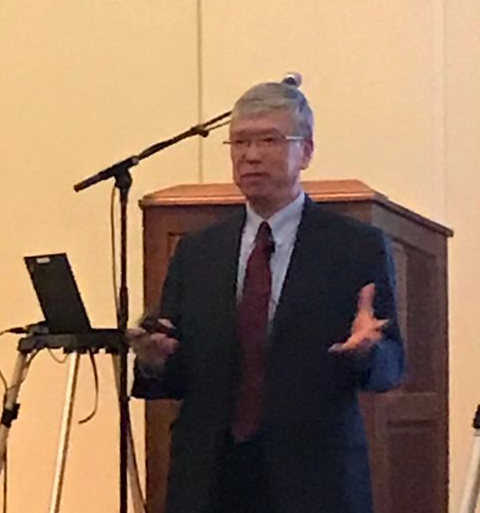
By: Martin Kemper ’21, staff writer
As part of LVC’s colloquium series on power, Dr. David Lai spoke to students, faculty and staff in Zimmerman Recital Hall on China’s growing power and the potential threat that poses to the United States.
The growth of China’s economic and militaristic sectors are variables that will challenge established power structures and define foreign affairs for decades to come. China’s economy has seen significant growth within the past few decades which has led to an increase in military spending and a greater willingness to be more assertive in geopolitical affairs. Because of these changing variables, tensions with established power structures, like the United States and the European Union, could rise.
“There’s often a temptation of a sitting power to preempt a rising power,” Lai said, in reference to the natural tendencies of political actors and a possible path the U.S. could go down.
The U.S. pre-empting China’s development could destabilize global markets and increase tensions between world powers. According to Lai, a fundamental problem is the inability to reconcile differences because of mutual misunderstanding and mistrust.
“China and the U.S. are so different; they don’t understand each other,” Lai said. “The U.S. accuses China of human rights violations domestically while China accuses the U.S. of human rights violations internationally.”
How our differences are handled could mean a new age of global cooperation and prosperity or the horrible possibility of another world war.

